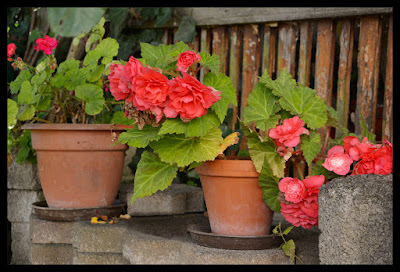He underwent intensive, gruelling physical training, as a gunner he learnt how to use artillery and because he served in an airborne unit he did parachute training. He had to jump from a converted barrage balloon and then five jumps from an aircraft. This was dangerous and a recruit was killed when his parachute failed to open during Jack’s training.
After serving in North Africa and Italy in 1943, Jack began preparations with the First Airborne Division for the Normandy Landings in June 1944, but they were held in reserve and did not experience action. This changed in September 1944 when Jack participated in Operation Market Garden, a secret mission to capture bridges on the River Rhine that would allow an attack into Germany and bring a quick end to the war. The First Airborne Division’s objective was to take Arnhem Bridge and hold it.
 |
Jack Wood. |
Jack explained that he and his heavily laden comrades sat on benches in a Dakota plane where their parachutes were checked to make sure they were properly hooked to the static line which stretched the length of the fuselage. Fortunately, the journey to the landing site was almost completely unopposed. Jack said that he and his comrades were not scared because they were concentrating on their task and excited because they were going into battle after several false starts.
As the planes and gliders descended Jack and his fellow paras jumped and floated down in a mass parachute drop. Jack gathered up his parachute and was sent with his battery of light artillery to a position near Oosterbeek, several miles from Arnhem to support the 1st Parachute Brigade which advanced to Arnhem Bridge.
Because German tanks and machine gunners were in the area, the paras soon came under intense fire and after bitter fighting they were eventually forced back into the Oosterbeek perimeter for nine days. Exhausted from fighting with supplies, ammunition and manpower running out with no sign of relief, the remnants of the First Airborne Division were ordered to retreat to the river to be rescued by assault boats sent from the other side on the evening of September 26th. Jack’s battery fired off all its remaining ammunition and the gunners disabled their artillery guns to prevent these falling into German hands.
The evacuation took place secretly at night and Jack had to empty his pockets of anything that rattled and muffle any loose equipment. He moved off in darkness and rain with his comrades down a steep bank with barbed wire to a crowded riverside. German tracer bullets and mortar shells lit up the sky as the paras were evacuated. In total 2,400 paras made the 500 yard wide crossing but 97 were killed.
While escaping across the River Rhine in a packed assault boat, Jack got wounded when a mortar shell exploded and peppered him with tiny shrapnel fragments down one side which caused him to be hospitalised when he reached safety. The pieces were removed and he soon made a full recovery, lucky to be alive as 1,500 men had died in the overall conflict and 6,400 captured out of 10,000 men who had participated.
After returning to Boston in Lincolnshire with his regiment for training exercises in November 1944, Jack went to Norway with the First Airborne Division in May 1945. He took part in Operation Doomsday to disarm and repatriate the German occupying army. Jack’s regiment became the main force in the Stavanger area where it stayed for four months. At one point Jack confiscated a luger pistol from a German officer, a prized relic, but somebody stole it before he returned home. He later received a certificate from the Norwegian government thanking him for the part he had played in the liberation of their country.
 |
The Badge of the 1st Airborne Division. |
After withdrawal from Palestine at the end of the British Mandate, Jack and his fellow paras returned home and the 6th Airborne Division disbanded. Jack continued serving in the paras until 1947 then he returned to civilian life in Upchurch and became a well-known fruit farmer at Ham Green.












































